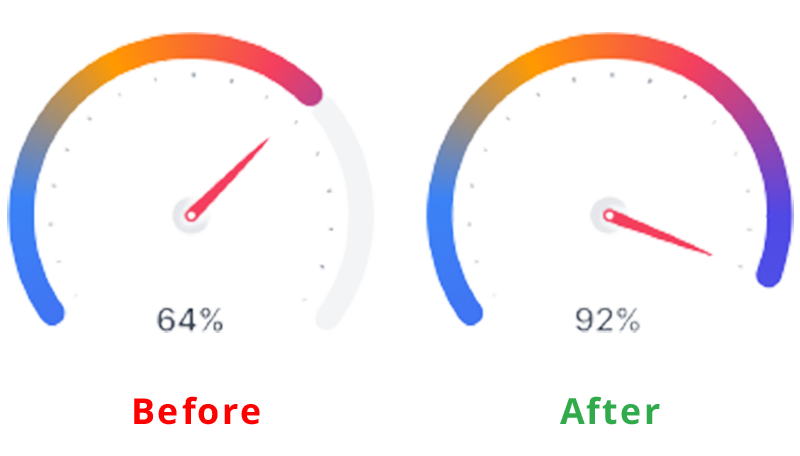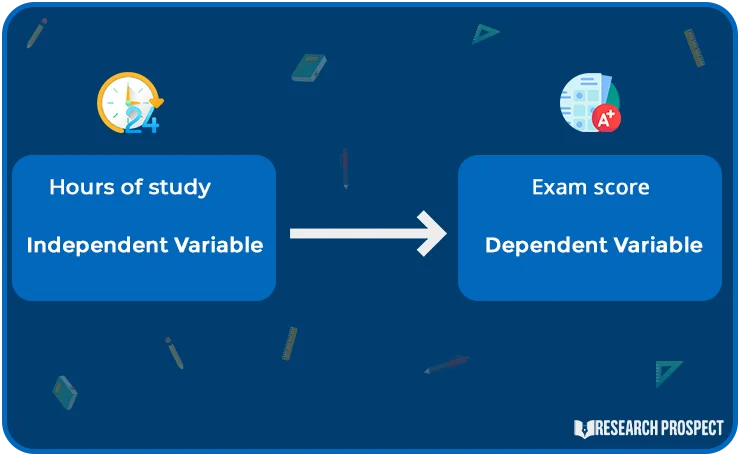Before you start researching your dissertation, it is recommended to develop a dissertation’s conceptual framework.
Conceptual Framework for Testing Research
The type of research you are performing will determine whether or not developing a conceptual framework will prove to be helpful. A conceptual framework for the dissertation provides the liberty to the theorists and researchers to test the hypothesis and see if they will verify an idea. You can also observe whether appropriate variables have been selected for the research purpose.
How Does the Conceptual Framework Relate to Cause-effect Relationship?
It is important to understand that the conceptual framework in research is just like test-drive before buying a car to see and check whether it is suitable for you or not? It involves the cause-effect relationship where we figure out the effect of one subject’s action on the other and vice versa.
Example of Cause-Effect Relationship – Let’s understand it by an illustration:
Sia is a university student who got a gold medal for her tremendous CGPA throughout her degree program. She received the gold medal for the continuous hard work she had been doing for 4 years. She came to know that the cause of getting a gold medal was hard work.
Variables
Use the conceptual framework to identify the expected results before methodologically showcasing a cause-effect relationship for your dissertation and recognise the relevant variables. Variables hold the attributes which describe the cause-effect relationship. In the example given above, two variables “Gold Medal” and “Hard Work” were used.
Dependent and Independent Variables
Two variables constitute a cause-effect relationship, i.e., the independent and dependent variables. If we look at our example, “hard work” is an independent variable, while the “gold medal” is the dependent variable. In simple words, to achieve a gold medal, you need to work hard. As a result, the gold medal is dependent on hard work.
There can be more than one independent variable that can affect the dependent variable. For instance, another independent variable that we can extract from the same example is; “CGPA”. This means that “excellent CGPA” resulted in achieving “gold medal”, which in this case “CGPA’ is the independent variable and “gold medal” is the dependent variable.
Developing a Conceptual Framework in Dissertation
Now that we have established the two types of variables (independent & dependent), we can answer the question of a conceptual framework in the dissertation. At this stage, we start to construct a conceptual framework for the dissertation, including all of its components, including boxes, arrows, and lines.
Start by mentioning each variable in a box. To represent the cause-effect relationship, you can make use of arrows. Arrows would start from the independent variable and should point towards the dependent variable.
If there isn’t a cause-effect relationship, you should use a simple line instead of an arrow despite the correlation relationship between the variables.
These components are mentioned below:
| Component | Meaning |
|---|---|
| Box | Variable |
| Arrow | Causal influence (cause-effect relationship) |
| Line | Connection (correlation) |
Underneath is a conceptual framework describing the cause-effect relationship, starting from the independent variable (hard work) and pointing towards the dependent variable (gold medal).
Sample conceptual framework using an independent variable and a dependent variable
Students must make sure that deep down they know the academic basis for choosing certain research methods. “I figured out or In my opinion” will not be an acceptable justification. So you will need to come up with concrete academic reasons for your selection of research methods.
Why should you use a Plagiarism Detector for your dissertation?
It ensures:
- Original work
- Structure and Clarity
- Zero Spelling Errors
- No Punctuation Faults

Expanding the Conceptual Framework
There are some further types of variables that can be used for the conceptual framework in research. These variables expand the scope of the conceptual framework depending on the type of research.
-
Moderator variables
A moderator variable is one which changes the effect on a dependent variable caused by an independent variable. It fluctuates the effect when being used in an effect-cause relationship between two variables.
-
Mediator variables
A mediator variable allows the cause-effect relationship to be understood in a better way. Mediator variables are not straightforward to understand and must to be supported by stats for the rational outcome.
-
Control variables
A control variable is a variable that, along with the independent variable, alters the effect on the dependent variable.
Also Read: Primary or Secondary Research in my Dissertation?
What to Do Next?
After completing the conceptual framework, you need to research to get to know about the relationships between variables. There are numerous research methods (qualitative and quantitative) from which you can choose:
- Literature reviews
- Interviews
- Surveys
Struggling to cope with the overwhelming number of academic assignments you must deliver? Stringent deadlines making it harder for you? ResearchProspect services are designed to ease the burden on you. We guarantee 100% uniqueness, 100% confidentiality and 100% satisfaction.
Frequently Asked Questions
To write a conceptual framework for a dissertation:
- Define key concepts.
- Identify relationships between them.
- Connect to existing theories.
- Explain the framework’s purpose.
- Illustrate with diagrams if needed.
- Align with research questions and guide study design.







